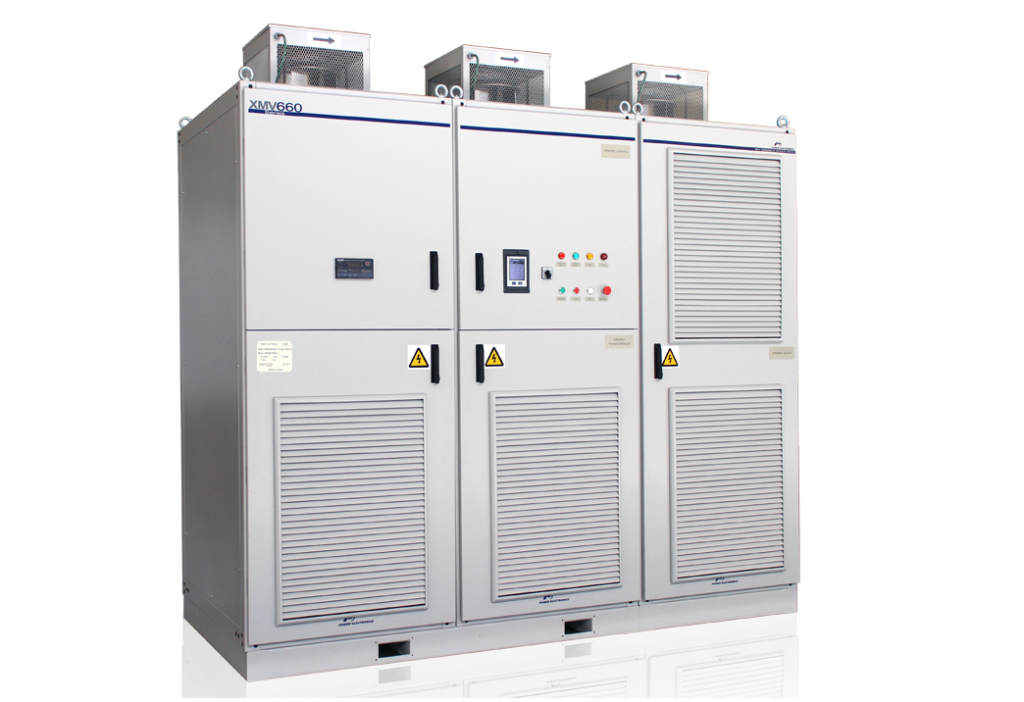In the article Effects of harmonics on Electrical Equipment, harmonics distort the fundamental frequency of the mains voltage waveform which affects the performance of other electrical equipment and creates additional losses and heating.
Harmonics of different orders have different phase sequences. What is phase sequence any way? In simple terms, a phase sequence is the order of rotation of phase vectors relative to each other. Positive sequence has a phase order of "abc", a Negative sequence has a phase order of "acb" and a Zero sequence system, the phase vectors has the same phase angles.
Harmonics of different order form the following sequence set:
Positive sequence: 1, 4, 7, 10, 13, ...
Negative sequence: 2, 5, 8, 11, 14, ...
Zero sequence: 3, 6, 9, 12, 15, ...
Zero sequence is also called triplen as it is in the multiples of 3 and this is the current flowing into the neutral of a three phase system.
From Effects of harmonics on Electrical Equipment, a 6-pulse VSD has the following harmonic orders:
5th Harmonic (250 Hz): 20.0% x I1
7th Harmonic (350 Hz): 14.3% x I1
11th Harmonic (550 Hz): 9.1% x I1
13th Harmonic (650 Hz): 7.7% x I1
17th Harmonic (850 Hz): 5.9% x I1
19th Harmonic (950 Hz): 5.3% x I1
23rd Harmonic (1150 Hz): 4.3% x I1
25th Harmonic (1250 Hz): 4.0% x I1
29th Harmonic (1450 Hz): 3.4% x I1
31th Harmonic (1550 Hz): 3.2% x I1, etc
The above table indicates that a 6-pulse VSD theoretically does not produce zero sequence currents.
